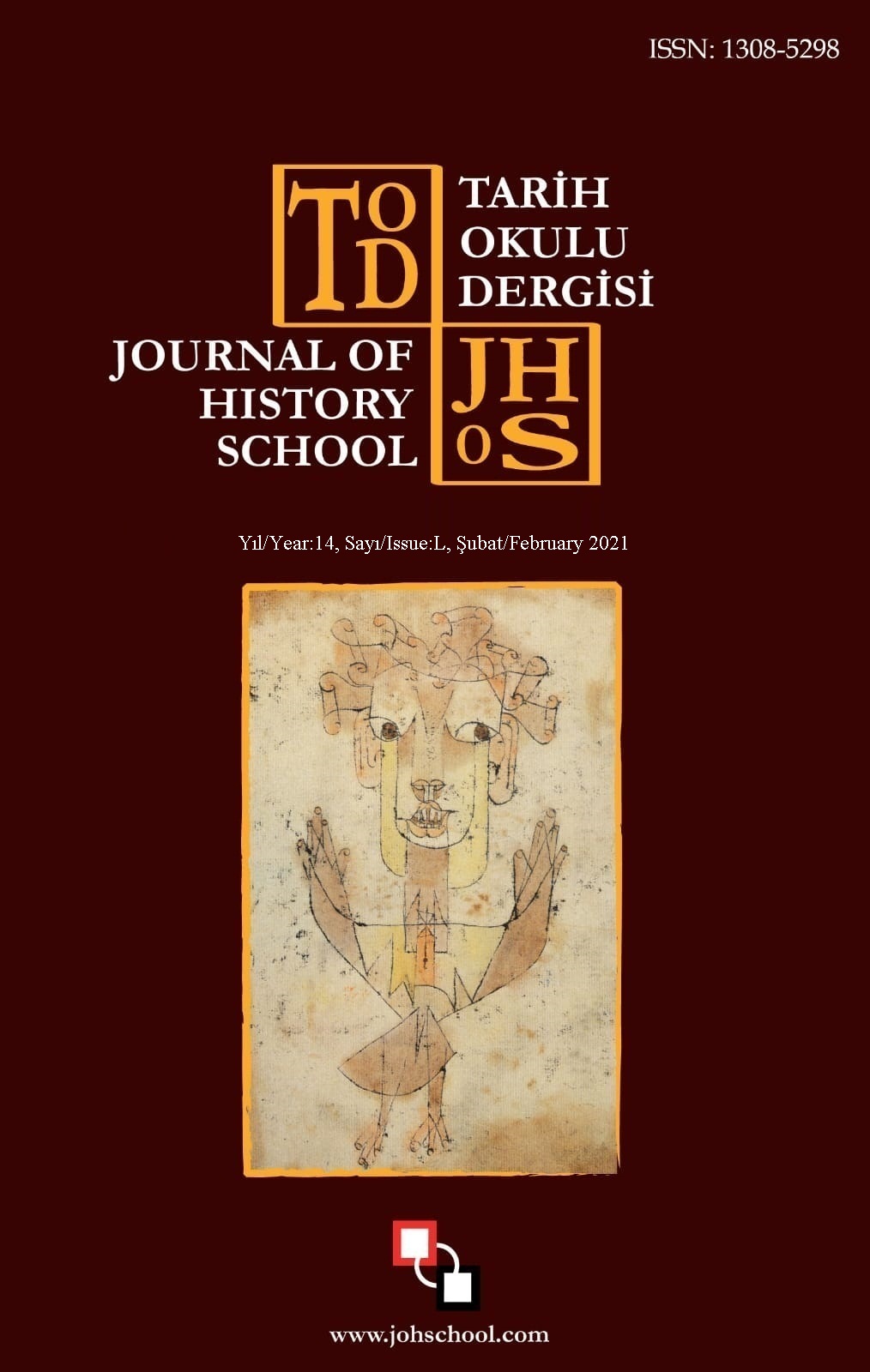20.YÜZYIL BAŞINDA OSMANLI ASKERİ BİRLİKLERİNİN BALKANLARDAKİ DURUMU (22 CEMAZİYE’L ÂHİR 1322 TARİHLİ TEFTİŞ-İ ASKERÎ UMÛMÎ KOMİSYON RAPORU)
Author :
Abstract
Sultan II. Abdülhamîd; kendisine mahsus yönetim anlayışının tezahürü olan birtakım tatbikat hususunda kararlı ve takipçi iradesini bilhassa teşkil ettirdiği “komisyonlar” marifetiyle ortaya koymuştur. Komisyonların bu manada işe koşulmaları, de facto olarak esasen Bâbıâlî’nin etki sahasını oldukça daraltmaya matuf stratejik bir hamle olmuş ve neticede teftiş heyetleri saray bürokrasisi içindeki yerlerini almışlardır. II. Abdülhamîd komisyonlara bila vasıta maruzat sunma imtiyazı dahi vermiştir. Bu komisyonlar arasında ehemmiyet verdiklerinden birisi de Teftiş-i Askerî Komisyonu olmuştur. Çalışmamızda Sultan’a arz edilmiş Teftiş-i Askerî Komisyon Raporu analiz edilmek suretiyle 20. Yüzyıl başında Osmanlı askeri birliklerinin Balkanlardaki vaziyeti hakkında yapılmış tespitleri nakletmek ve bu bulgulardan yola çıkarak bir değerlendirme yapabilmek asıl amacımız olacaktır. Araştırmamızda doküman inceleme yöntemi ve içerik analizi tekniği kullanılmıştır.
Keywords
Abstract
Abdulhamid II; He put forward his commitment and decisiveness of his follow-up, especially with the “commissions” he had set up for a number of exercises that were the manifestation of his management approach. The commissions were essentially a strategic move to narrow the influence area of Bâbâlî as de facto and as a result they took their place in the palace bureaucracy. Abdulhamid II gave privileges to report to the commissions. One of the most important of these commissions was the Teftiş-i Askerî Commission. In our study, it will be our main purpose to convey the findings made about the position of the Ottoman Military Units in the Balkans and to make an assessment based on these findings by analyzing the Teftiş-i Askerî Commission Report submitted to the Sultan. In our research, document analysis method and content analysis technique were used.





